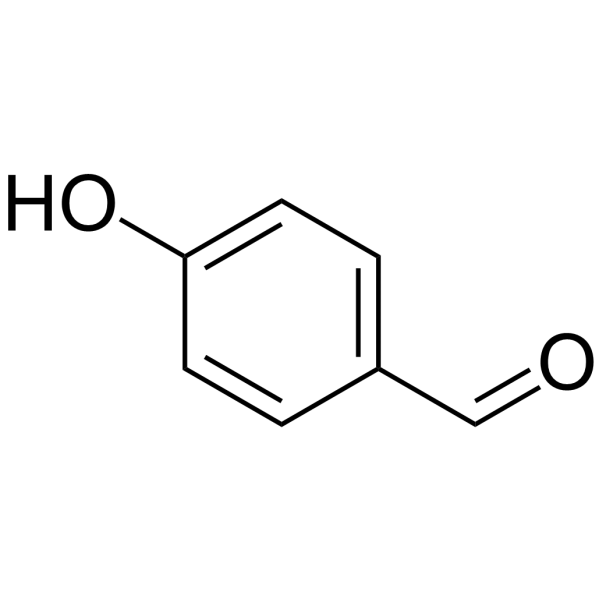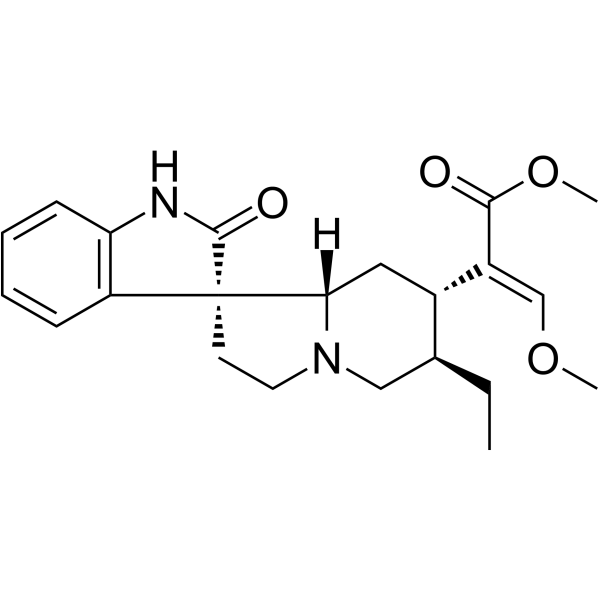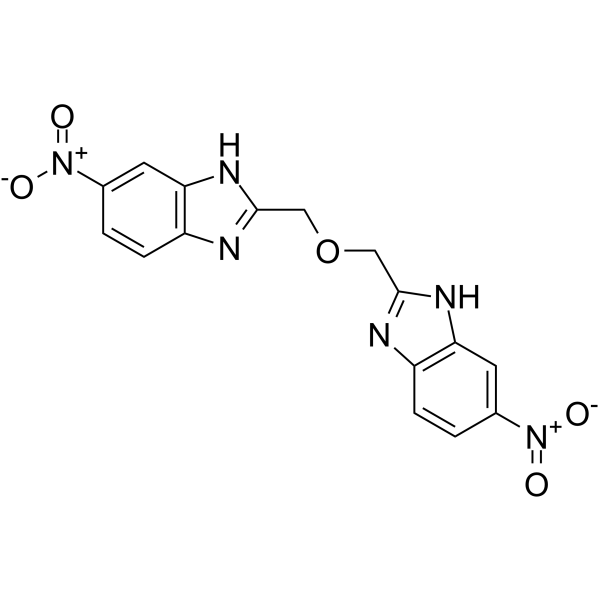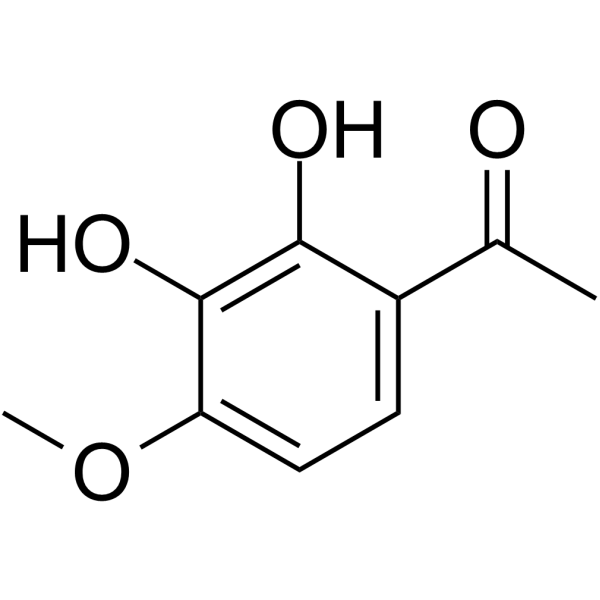|
BP15881
|
(-)-Aspartic acid
|
|
|
|
|
(-)-Aspartic acid is an endogenous NMDA receptor agonist.
|
|
BP15882
|
(-)-Bicuculline methobromide
|
|
|
|
|
(-)-Bicuculline methobromide (l-Bicuculline methobromide) is a potent GABAA receptor antagonist. (-)-Bicuculline methobromide blocks afterhyperpolarizations (AHPs) mediated by Ca2+-activated K+ channels in various types of neurons.
|
|
BP15883
|
(-)-Bicuculline methochloride
|
|
|
|
|
(-)-Bicuculline methochloride is a potent antagonist of GABAA receptor.
|
|
BP15884
|
(-)-Dizocilpine maleate
|
|
|
|
|
(-)-Dizocilpine maleate ((-)-MK-801 maleate) is a less active (-)-enantiomer of Dizocilpine. (-)-Dizocilpine maleate is a selective and non-competitive N-methyl-D-aspartate (NMDA) receptor antagonist with a Ki of 211.7 nM. (-)-Dizocilpine maleate has antidepressant effects.
|
|
BP15885
|
(+)-KCC2 blocker 1
|
|
|
|
|
(+)-KCC2 blocker 1 is a selective blocker of KCC2 (IC50 = 0.4 μM).
|
|
BP15886
|
Dizocilpine Maleate
|
|
|
|
|
(+)-MK-801 is a potent noncompetitive antagonist of the NMDA receptor (RECEPTORS, N-METHYL-D-ASPARTATE) with Kd of 37.2 nM in rat brain membranes. The drug has been considered for the wide variety of neurodegenerative conditions or disorders in which NMDA receptors may play an important role.
|
|
BP15887
|
(-)-α-Pinene
|
|
|
|
|
(1S)-(-)-Alpha-Pinene enhances the quantity of NREMS without affecting the intensity of NREMS by prolonging GABAergic synaptic transmission, acting as a partial modulator of GABAA-BZD receptors and directly binding to the BZD binding site of GABAA receptor.
|
|
BP15888
|
GABAB receptor antagonist 1
|
|
|
|
|
(E)-GABAB receptor antagonist 1 decreases GABA-induced IP3 (inositol trisphosphate) production with IC50 of 37.9 μM.GABAB receptor antagonist 1 is a selective and negative allosteric modulator of GABAB (γ-Aminobutyric acid) receptors.
|
|
BP15889
|
(E/Z)-Sivopixant
|
|
|
|
|
(E/Z)-Sivopixantis a potent P2X3 receptor antagonist, IC50 = 4 nM. (E/Z)-Sivopixant can be used for respiratory diseases research.
|
|
BP15890
|
(R)-(+)-Bay-K-8644
|
|
|
|
|
(R)-(+)-Bay K 8644 is a calcium channel inhibitor. It inhibits Ba2+ currents (IBa) (IC50: 975 nM).
|
|
BP15891
|
D-Serine
|
|
|
|
|
(R)-Serine is an endogenous amino acid,is a potent co-agonist at the NMDA glutamate receptor.
|
|
BP15892
|
(RS)-(Tetrazol-5-yl)glycine
|
|
|
|
|
(RS)-(Tetrazol-5-yl)glycine (D,L-(tetrazol-5-yl)glycine) is an effective and selective N-methyl-D-aspartate receptor agonist. (RS)-(Tetrazol-5-yl)glycine has EC50s of 99 nM, 1.7 μM for GluN1/GluN2D, and GluN1/GluN2A, respectively.
|
|
BP15893
|
(RS)-AMPA
|
|
|
|
|
(RS)-AMPA is a glutamate analog. (RS)-AMPA is an agonist of effective and selective excitatory neurotransmitter L-glutamic acid.
|
|
BP15894
|
(S)-(-)-Bay-K-8644
|
|
|
|
|
(S)-(-)-Bay-K-8644 is an agonist of L-type Ca2+ channel and activates Ba2+ currents with an EC50 of 32 nM.
|
|
BP15895
|
(S)-Coclaurine
|
|
|
|
|
(S)-Coclaurine is an antagonist of nAChR isolated from Sarcopetalum harveyanum.
|
|
BP15896
|
(S)-Verapamil hydrochloride
|
|
|
|
|
(S)-Verapamil hydrochloride is an inhibitor of leukotriene C4 (LTC4) and calcein transport by MRP1,and leads to the death of potentially resistant tumor cells.
|
|
BP15897
|
p-Hydroxybenzaldehyde
|
|
|
|
|
p-Hydroxybenzaldehyde shows an inhibitory effect on the GABA transaminase to contribute to an antiepileptic and anticonvulsive activity, and its inhibitory activity was higher than that of valproic acid, a known anticonvulsant.
|
|
BP15898
|
Rhynchophylline
|
|
|
|
|
Rhynchophylline can protect against ischemic damage, probably via regulating the Akt/mTOR pathway. Rhynchophylline can protect against glutamate-induced neuronal death, can inhibit MA impairment in cultured neurons in vitro. Rhynchophylline and isorhynchophylline have a non-competitive antagonistic effect on the NMDA-type ionotropic glutamate receptors, suggest that these alkaloids exert their protective action against ischemia-induced neuronal damage by preventing NMDA, muscarinic M1, and 5-HT2 receptors-mediated neurotoxicity during ischemia.
|
|
BP15899
|
VU591
|
|
|
|
|
VU591 is a potent and selective inhibitor of the extrarenal medullary potassium channel (ROMK or Kir1.1) with an IC50 value of 0.24 μM.
|
|
BP15900
|
2,3-Dihydroxy-4-methoxyacetophenone
|
|
|
|
|
2,3-Dihydroxy-4-methoxyacetophenone is a natural product,it improves cognitive function and may be helpful for the treatment of Alzheimer's disease.
|
-Aspartic acid.gif)
-Bicuculline methobromide.gif)
-Bicuculline methochloride.gif)
-Dizocilpine maleate .gif)
-KCC2 blocker 1.gif)

-α-Pinene.gif)
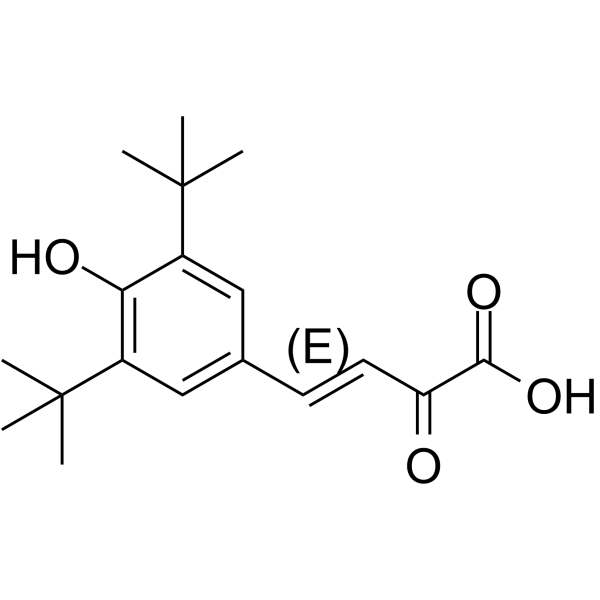
-Sivopixant.gif)
-(+)-Bay-K-8644.gif)
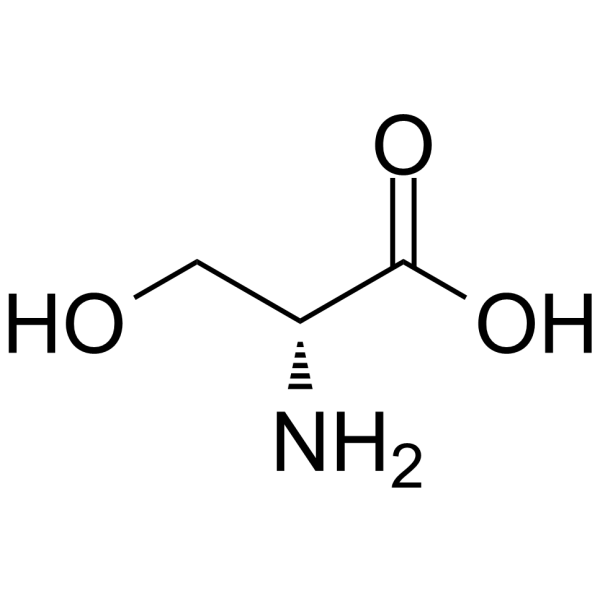
-(Tetrazol-5-yl)glycine.gif)
-AMPA.gif)
-(-)-Bay-K-8644.gif)
-Coclaurine.gif)
-Verapamil hydrochloride.gif)
